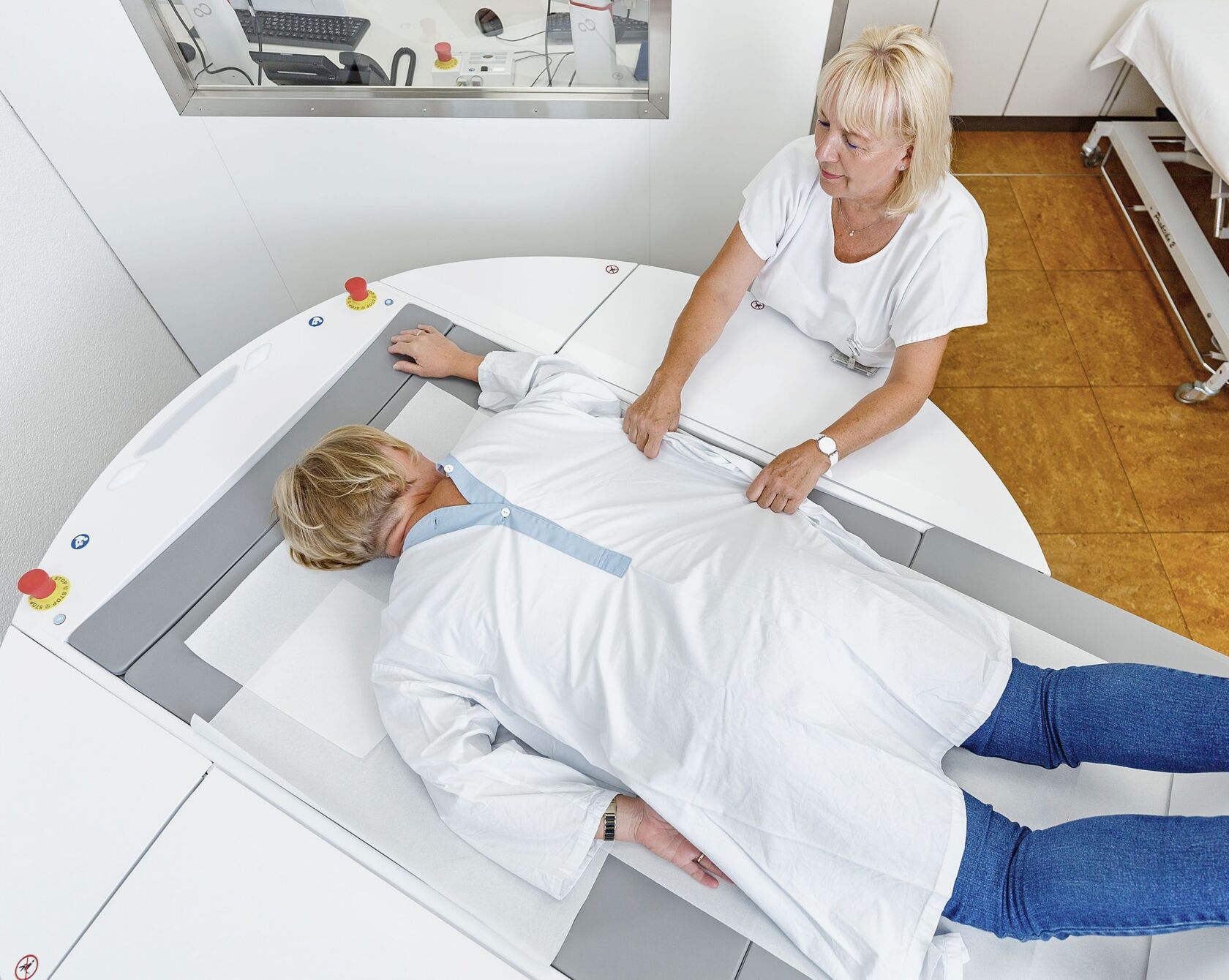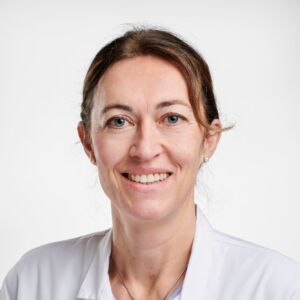Breast cancer is the most common cancer in women, affecting around 6,500 women every year. Thanks to early detection and individually adapted treatment methods, the cure rate is 80 percent. In addition to lifestyle, the risk factors also include those that women cannot control themselves: Hormones, age and genes.
Breast cancer can affect any woman. All that is needed is a cell change in the mammary gland tissue. Originally healthy cells grow uncontrollably, spread and eventually form a lump or tumor in the breast.
Not every tumor is malignant
Benign tumors are not cancer. Benign tumors include fibroadenomas, for example, which can develop as a result of hormonal fluctuations. One of the characteristics of malignant tumors is their rapid growth. They penetrate neighboring tissue, destroy it and can form metastases in the body. Malignant tumors are referred to as breast cancer or breast carcinoma. A distinction must be made between invasive and non-invasive breast cancer. In invasive breast cancer, cancer cells have already spread into the neighboring tissue. In non-invasive breast cancer, the tumor is still localized and is considered a preliminary or early form of the disease.
Certified breast center with interdisciplinary treatment options
Diagnostics and treatment are carried out at the USZ in the certified Breast Center, which in turn is part of the Comprehensive Cancer Center Zurich. «The aim of our interdisciplinary Tumor Board is to put together a treatment method that is tailored to each individual patient and is as gentle as possible» says Isabell Witzel, Director of the Department of Gynaecology at the USZ. Today, breast cancer can often be cured if detected early. «Four out of five breast cancer patients are cured. It is an advantage that we can offer comprehensive, state-of-the-art care under one roof at the USZ.»
Breast CT does not require compression
Early detection continues to be an important factor in the diagnosis of breast cancer. While the canton of Zurich still lacks a comprehensive screening program for the early detection of breast cancer, the USZ is making rapid progress with its own developments in diagnostics. The USZ was the first institute in the world to develop a spiral computed tomography device for the female breast. «The so-called breast CT creates mammograms without the previously necessary and often painful compression of the breast», says Isabell Witzel. This diagnostic tool complements the equally modern, automated ultrasound. «The more precise the imaging and diagnostics, the better we can put together the treatment plan.»
The range of therapy methods is broad. From breast-conserving surgery to chemotherapy, anti-hormone treatment, drug-based cell growth inhibition, immunotherapy and radiotherapy, many forms of treatment contribute to the high cure rate.
Mammography
Mammography is an X-ray examination that is essential for the early detection of breast cancer. But it can also detect benign changes in the breast. Find out how mammography works, how it is performed and what the benefits and risks are.

